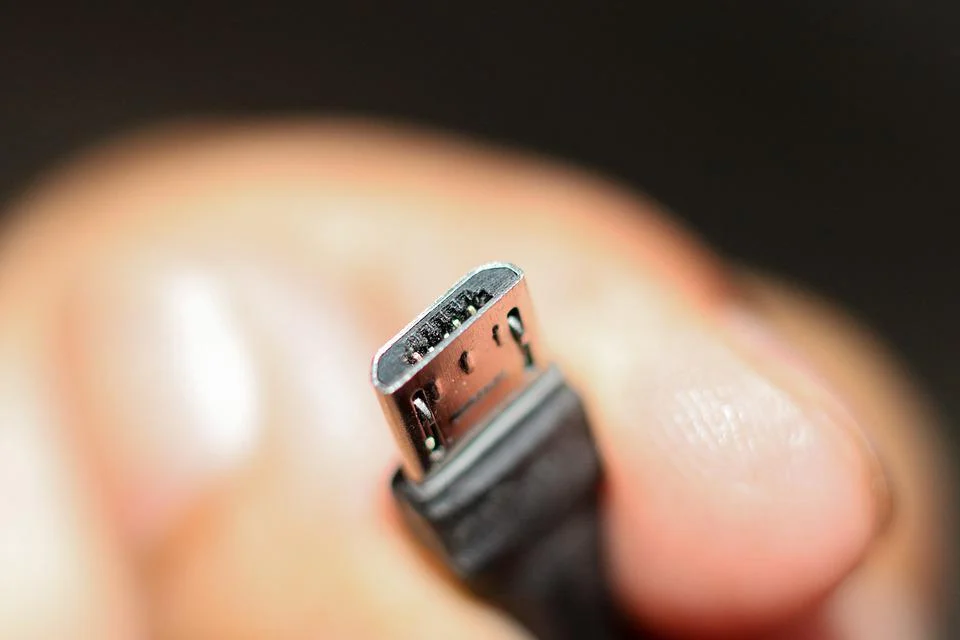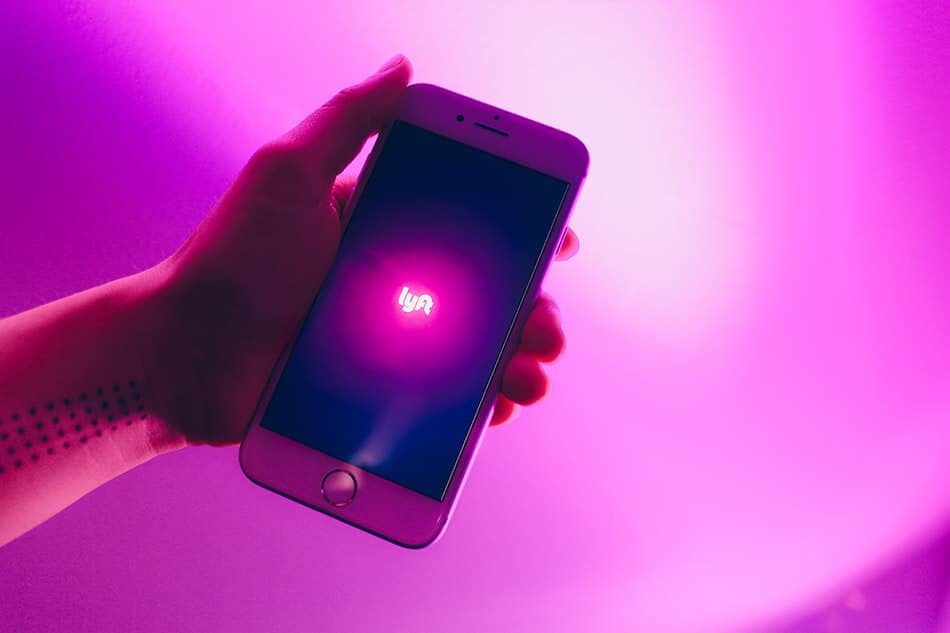The days of needing to use a different charging cable for either an Android or an iPhone may soon be a thing of the past – at least in the European Union.
On Wednesday, April 20th, the European Union announced that it was planning to develop and deploy a common charging port that would work with mobile devices regardless of make and operating system. EU officials have backed the proposal and are set to put it to an assembly vote in May of this year.
On the same day, the European Parliament’s Internal Marketing and Consumer Protection Committee aired their support for the proposal, stating that it was high time that a universal standard is adapted for mobile device charging.
This is not the first time that the European Commission has entertained the concept of developing a universal charging port. Indeed, the EU has been contemplating the creation of a universal charger for over a decade now and proposed draft legislation leading to its development when device manufacturers like Apple balked at the notion.
According to EU parliamentarian Alex Agius Saliba who currently leads the debate, a universal charger would help solve the problem of reducing the massive amount of waste generated by the need for different chargers for different devices. He noted that around half a billion phone or device chargers are shipped into Europe annually, resulting in between 11,000 to 13,000 tons of electronic waste.
Why the change?
Android devices are currently charged using standard USB and USB-Type C cables, which are commonly available and easy to purchase from most stores specializing in mobile devices. On the other hand, Apple devices such as the iPad, iPod, and iPhone are charged using the tech giant’s proprietary lightning cable.
The EU, however, wants to adopt the USB-Type C as its standard charging format, given how the bulk of mobile devices sold and used in the region run on Android. It is expected that the cable and port will be used to power a wider range of devices, including headphone sets, e-readers like the Kindle, toys, Bluetooth attachments, low-powered keyboards, and toys, among others.
But not everyone appears to be delighted with the proposal. For its part, Apple has opined that the shift would only lead to even more electronic waste if consumers are made to change their chargers. At the same time, company executives opined that developing a standard charging format would, in their words, “hurt innovation and the creative process.”















